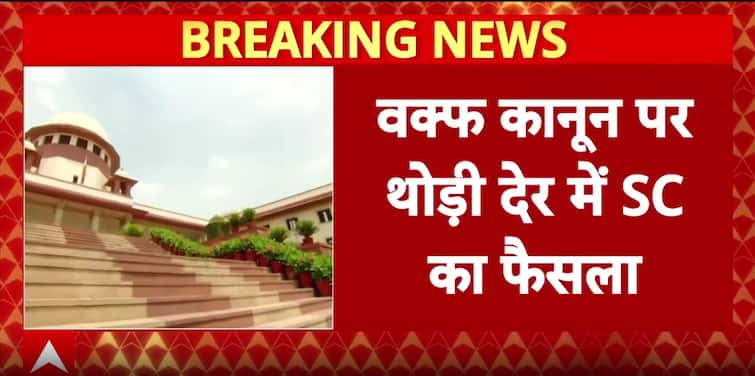In a landmark decision, the Supreme Court of India has delivered its long-awaited verdict on the contentious provisions of the newly amended Waqf Act. The bench, while making its stance clear, ruled that there is no basis to stay the entire law, but significant directions have been issued on key disputed sections.The first major ruling concerns the clause that required an individual to be a practicing Muslim for five years before being eligible to create or dedicate Waqf property. The Court has stayed this requirement, holding it to be restrictive and unnecessary.Secondly, the Court addressed the role of district collectors in disputes over Waqf land. It ruled that while collectors may conduct inquiries, their decision cannot be final. Instead, such matters must be adjudicated by the Waqf Tribunal, ensuring greater fairness and judicial oversight.The third crucial direction dealt with the inclusion of non-Muslims in Waqf boards and councils. The Court has clarified that only limited ex-officio non-Muslim members may remain, but the appointment of additional non-Muslims is not permitted.This judgment strikes a balance, upholding the core of the law while addressing concerns raised by petitioners about overreach and misuse of powers.


)
